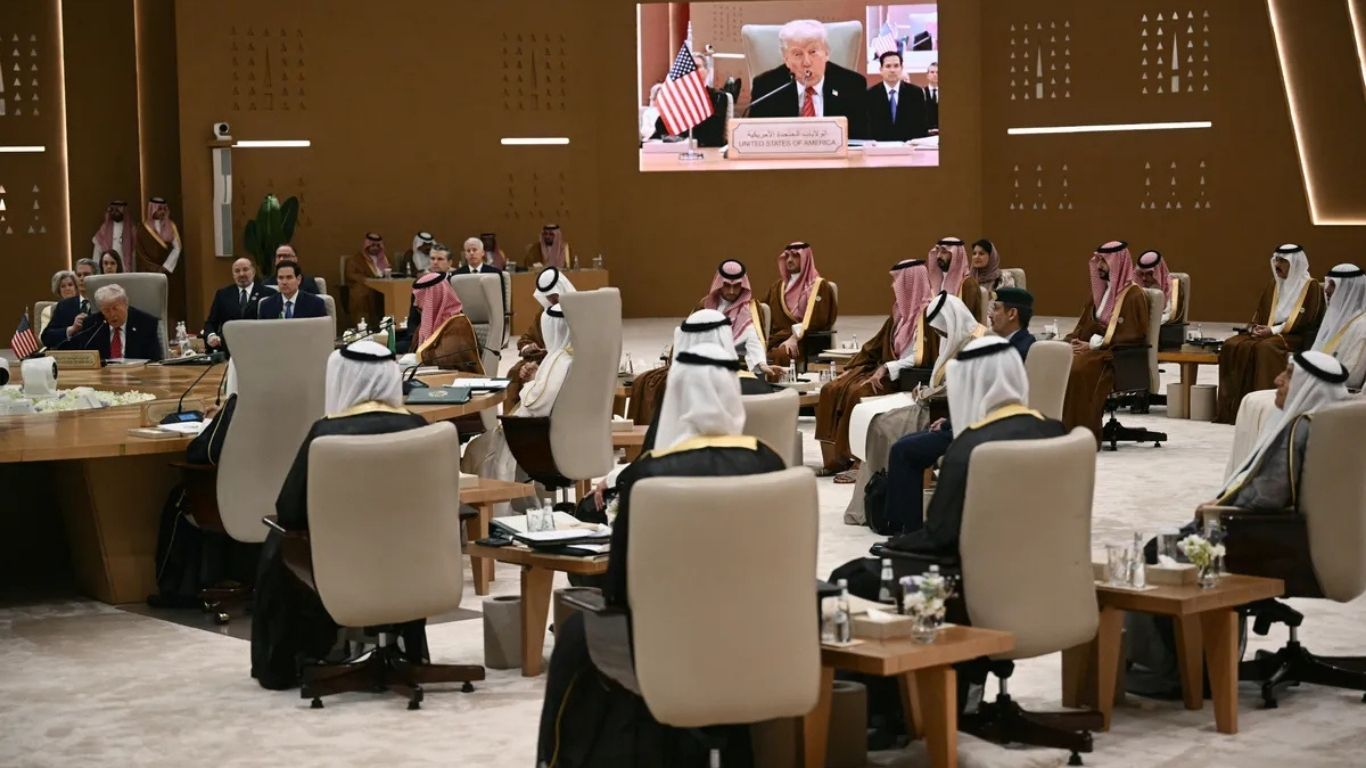The number of people who have fled Sudan since the outbreak of its civil war in 2023 has now exceeded 4 million, according to the United Nations refugee agency (UNHCR), highlighting what it calls the “world’s most devastating displacement crisis.”
UNHCR officials issued the grim update during a press briefing in Geneva on Tuesday, warning that the crisis now in its third year shows no signs of slowing down. The ongoing conflict in Sudan has forced millions to seek refuge in neighboring countries, many of whom face dire conditions due to a severe lack of humanitarian funding.
“Now in its third year, the 4 million people is a devastating milestone in what is the world’s most damaging displacement crisis at the moment,” said UNHCR spokesperson Eujin Byun.
Regional Destinations Struggling Under the Weight
Sudan shares borders with seven nations Chad, South Sudan, Egypt, Eritrea, Ethiopia, the Central African Republic, and Libya all of which have seen influxes of refugees. Chad alone has taken in more than 800,000 displaced people, many of whom are living in overcrowded and under-resourced camps.
“This is an unprecedented crisis that we are facing. This is a crisis of humanity,” said Dossou Patrice Ahouansou of UNHCR. “This is a crisis of protection based on the violence that refugees are reporting.”
Despite the immense need, only 14% of the UNHCR’s funding appeal for Sudanese refugee assistance has been met, hampering efforts to provide shelter, medical care, and food. Many survivors are exposed to the elements and suffering from trauma and injury, particularly children.
Stories of Horror and Loss
Ahouansou recounted meeting a seven-year-old girl in Chad who lost her leg during an escape from Sudan’s Zamzam displacement camp after it was attacked. Her father and two brothers were killed in the assault, and her mother had already died in a previous incident.
Other refugees shared chilling stories of being forced by armed groups to flee on foot after having their animals seized. In some cases, survivors had to drag injured family members on carts through dangerous territory.
Ongoing Conflict and Rising Stakes
Sudan plunged into violence in April 2023 when rival factions within the military-led government clashed for control. The civil war has since spiraled into one of the worst humanitarian crises in recent history, with widespread atrocities reported and the nation’s infrastructure left in ruins.
“If the conflict continues in Sudan, we expect thousands more people will continue to flee, putting regional and global stability at stake,” warned Byun
Call for Urgent International Support
Humanitarian agencies are urgently calling on the international community to respond with increased funding, diplomatic pressure, and coordinated action to address the worsening humanitarian crisis in Sudan. The United Nations High Commissioner for Refugees (UNHCR) emphasized that current resources are vastly insufficient, with only 14% of funding appeals met leaving millions without access to adequate shelter, clean water, medical care, or psychological support.
UNHCR officials warned that without swift and sustained international intervention, the displacement crisis could spiral even further out of control, destabilizing not only Sudan but the broader region. Neighboring countries such as Chad, South Sudan, and the Central African Republic, many of which are already struggling with their own internal challenges, are being overwhelmed by the influx of refugees.
“The burden cannot be left to Sudan’s neighbors alone,” said a UNHCR representative. “This is not just a regional emergency it is a global humanitarian failure in the making.”
Humanitarian leaders are urging donor nations to not only increase financial commitments but also to prioritize diplomatic efforts aimed at achieving a lasting ceasefire in Sudan. They stress that while emergency aid is critical, long-term solutions must address the root causes of the conflict, including political instability, ethnic tensions, and competition over resources.
Without decisive global action, millions more could be forced to flee, fueling further human suffering and compounding regional insecurity.




